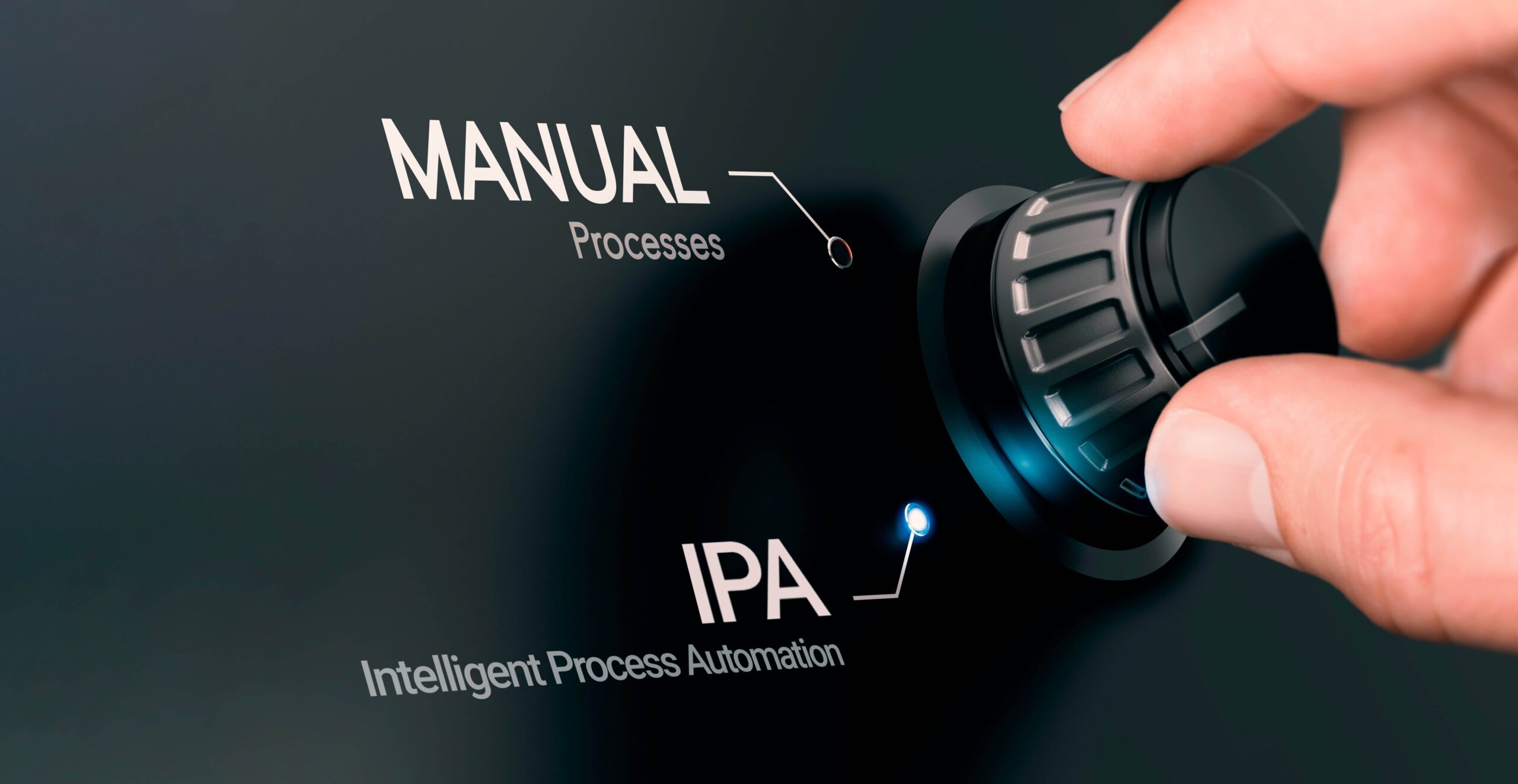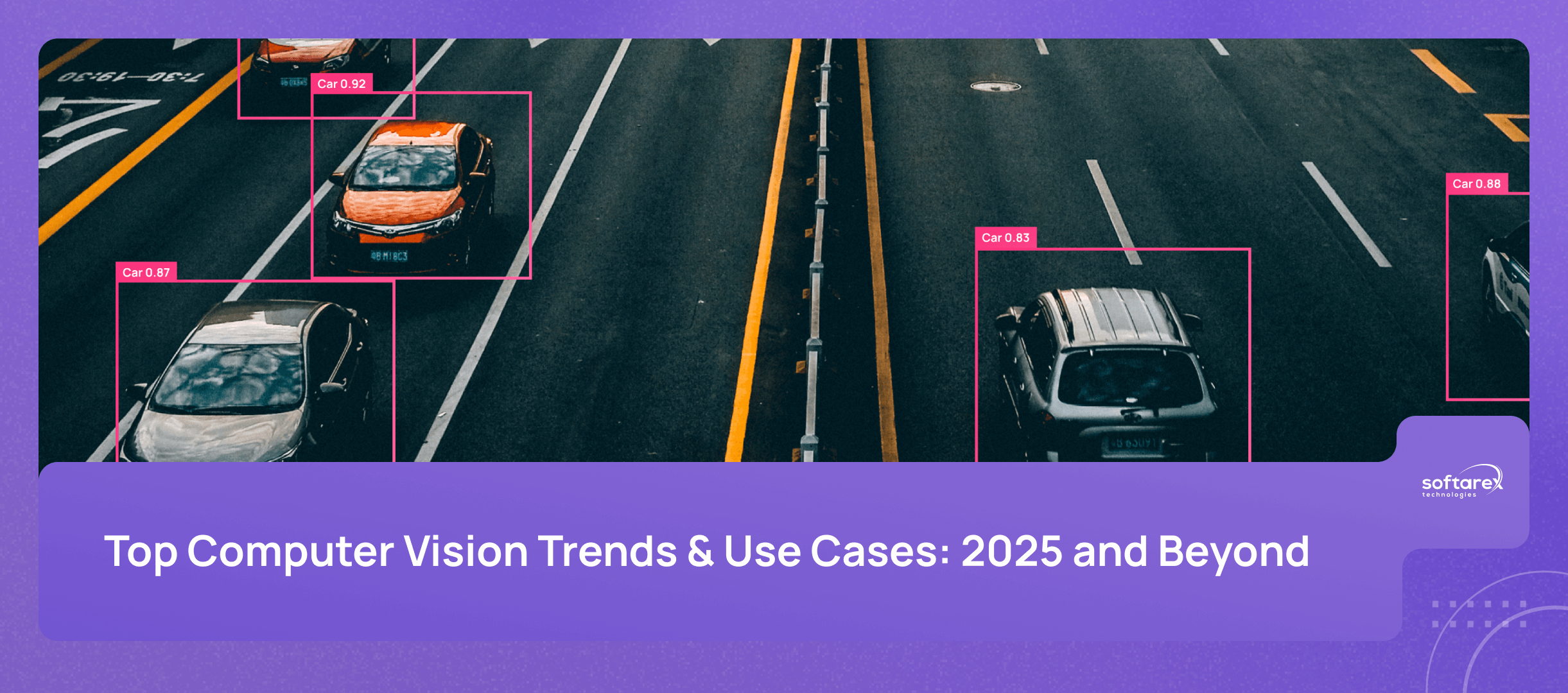In recent years, major market disruptions and rising inflation have prompted companies to look for more efficient ways to operate. Restaurants are no exception. To move beyond post-COVID survival mode and drive growth, QSR operators are increasingly turning to business process automation (BPA) platforms to simplify the automation of data management and routine tasks, and robotic process automation (RPA) to eliminate repetitive and dangerous tasks.
Intelligent Process Automation (IPA) takes this a step further by using AI to mimic human thought processes, enabling systems to handle more complex, decision-based operations. It achieves this through advanced AI technologies such as machine learning, natural language processing (NLP), and cognitive computing. These technologies automate tasks that typically require human reasoning. As a result, systems can learn from past data, make predictions, and adjust processes autonomously.
AI Takes the Wheel: Improving QSR Delivery Efficiency
Efficient delivery is a major challenge for QSRs, where traffic, unpredictable demand, and other logistical factors can delay orders and compromise food quality. AI-powered solutions can optimize routes and timing, speeding deliveries and increasing customer satisfaction.
Using real-time data such as traffic, distance, weather, and order volume, AI helps QSRs dynamically plan routes and optimize delivery conditions. Predictive analytics enhances this by forecasting peak times, allowing restaurants to adjust staffing and resources in advance.
Since acquiring an AI-powered delivery management system in 2021, Yum! Brands has improved the efficiency of its operations. This advanced platform leverages real-time data to automate kitchen workflows, sequence and time orders, and plan optimal delivery routes, even integrating with external delivery partners. The result is faster deliveries, fresher food, and an enhanced customer experience with real-time order tracking. Franchisees benefit from a competitive advantage and improved unit economics. In particular, Pizza Hut locations using this technology have reported significant increases in both sales and customer satisfaction.
Turning Customer Feedback into Personalized Service with NLP
As QSRs evolve, maintaining a personal connection while offering the speed and convenience customers expect becomes the real challenge. The solution? Leverage customer feedback to build seamless digital experiences that feel just as personal as in-store interactions.
Traditional methods of collecting and analyzing customer feedback are often slow, manual, and unable to keep up with the sheer volume of data QSRs receive across multiple channels. AI, however, can transform this process by analyzing massive amounts of data in a fraction of the time it would take a human team. Using tools like natural language processing (NLP), it can sift through reviews, direct feedback, social media posts, and surveys in seconds, extracting valuable insights into customer sentiment. This helps companies spot trends, prioritize urgent feedback, and make smart, data-driven decisions to improve their services.
AI for Optimal Staffing Levels
Another major challenge QSRs face is workforce management, including adapting to labor shortages, rising wages, and the inefficiencies of outdated scheduling methods. AI-powered schedule optimizers provide a solution by automating and refining these processes. By analyzing vast amounts of data, these tools create efficient schedules that reduce employee downtime and minimize service disruptions. Advanced algorithms and real-time adjustments allow AI to respond quickly to changes, ensuring the right people are in the right place when needed.
For example, Freddy’s Frozen Custard & Steakburgers has successfully implemented AI-powered staffing solutions. By leveraging advanced machine learning tools, they can predict staffing needs based on customer demand. This approach has transformed staffing from a challenge to a strategic advantage, resulting in smoother operations and significant revenue growth.
AI to Simplify Third-Party Deliveries for QSRs
With third-party delivery now accounting for more than 25% of revenue for many QSR brands, the complexity of managing these platforms, handling financial reconciliations, and maintaining food quality is a major challenge. Third-party delivery services charge commissions of 20-35%, squeezing restaurant margins. Add to that the 2% of orders with accuracy issues, and both revenue and customer satisfaction take a hit. Off-premise costs such as packaging, sales tax variations, and credit card fees further complicate the traditional profit and loss model.
Data is another hurdle. Each transaction from a third-party platform can contain up to 15 line items, making reconciliation a slow, labor-intensive process – especially for operators with multiple locations. As delivery becomes a larger portion of revenue, accurate financial management becomes even more critical.
That’s where AI comes in to simplify third-party delivery management. By automating financial reconciliations and consolidating data from multiple delivery platforms, operators reduce the risk of human error that often comes with manually tracking commissions and fees across multiple platforms. The streamlined process not only saves time, but also improves financial accuracy. This ensures reliable reporting and valuable insights, enabling operators to make smarter, data-driven decisions that increase profitability while reducing operational overhead.
With more than 700 locations and growing, Dave’s Hot Chicken has adopted an AI-powered platform to streamline its off-premise operations. As delivery expands, the system is helping Dave’s monitor and optimize third-party delivery, automate financial reconciliation, and improve performance metrics. Jim Bitticks, COO of Dave’s Hot Chicken, highlighted how the platform is streamlining operations, providing real-time tracking, and ultimately helping franchisees achieve greater profitability.
Partnering for Intelligent Automation Success
To successfully implement Intelligent Process Automation (IPA) in QSRs, the first step is to analyze your operations to determine where automation can have the greatest impact. It’s critical to partner with experts who not only master the technology, but also understand your business goals. Softarex exemplifies this approach by tailoring solutions through careful tool selection, alignment with business objectives, and thorough testing. With deep expertise in AI, machine learning, and RPA, Softarex turns complex challenges into opportunities for growth. Please refer to our portfolio for further information on our related experience, which includes a Restaurant Inventory Management System and an AI Kitchen Management System. You will see how we are helping QSRs optimize their operations.
To explore comprehensive strategies for implementing artificial intelligence solutions in restaurant operations, download our detailed eBook, Transform Your Restaurant with AI-Powered Solutions. This resource examines practical AI applications, implementation frameworks, and emerging technologies that are revolutionizing restaurant management, customer experience, and operational efficiency.
Contact us to learn how intelligent automation can improve your operations.









